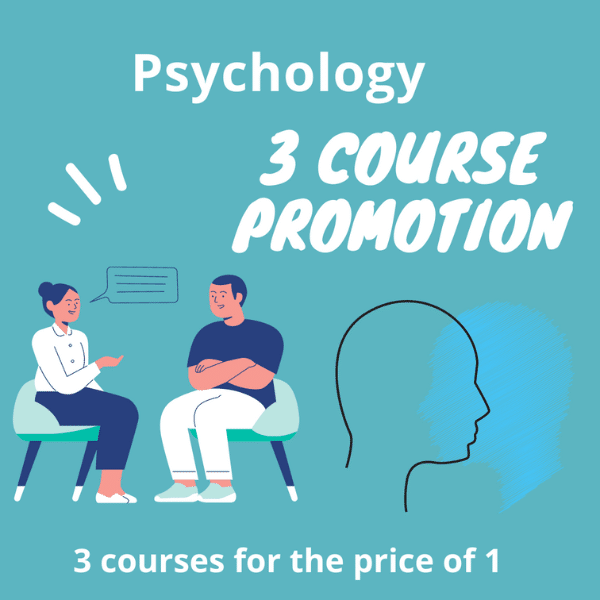How to Help a Compulsive Gambler
Table of Contents
- Understanding Compulsive Gambling
- Recognizing the Signs of Gambling Addiction
- Setting Boundaries with Empathy
- Supporting a Gambler Without Enabling
- Addressing Codependency in Relationships
- Finding Support Groups for Friends and Family
Understanding Compulsive Gambling
Compulsive gambling, or gambling addiction, is a serious disorder where someone feels unable to stop gambling, even when it causes harm. This condition affects not only the gambler but also their friends and family. The emotional toll can be overwhelming, often leading to frustration, financial strain, and a sense of helplessness.
This disorder is not about willpower. It is driven by changes in the brain’s reward system, making quitting extremely challenging without professional help. Friends and family are often the first to notice the problem, making their role crucial in recovery.
Recognizing the Signs of Gambling Addiction
Identifying gambling addiction early is essential to get help. Key signs to look out for include:
- Financial struggles: Unexplained debts, borrowing money, or selling possessions to gamble.
- Emotional changes: Irritability, anxiety, or depression, particularly after gambling losses.
- Secrecy: Hiding gambling activities, lying about time or money spent.
- Neglecting responsibilities: Failing to meet work, school, or family obligations.
If you notice these behaviors, approach the individual with understanding and encourage them to talk about their challenges.
Setting Boundaries with Empathy
Setting boundaries is one of the most effective ways to help without losing yourself in the process. A boundary isn’t about punishment; it’s about protecting your emotional and financial health while guiding the gambler toward recovery.
Practical steps for setting boundaries:
- Avoid giving them money, no matter how urgent their request feels.
- Let them face the natural consequences of their actions, like unpaid bills or strained relationships.
- Clearly communicate what you will and won’t tolerate. For instance, “I will not lend you money for gambling or debts.”
When setting boundaries, it’s crucial to be firm but kind. Use phrases like, “I care about you, and I know you can overcome this, but I cannot enable your gambling.”
Supporting a Gambler Without Enabling
It’s easy to confuse support with enabling, but there’s a clear difference. Enabling shields the gambler from consequences, while true support encourages accountability and recovery.
Here are some ways to support effectively:
- Encourage treatment: Suggest seeking help from a therapist, addiction specialist, or support group.
- Avoid bailing them out: Resist the urge to pay off their gambling debts. This might feel helpful in the short term, but it often perpetuates the cycle.
- Be a listener: Offer emotional support by listening to their struggles without judgment.
By maintaining this approach, you can show care without sacrificing your own well-being.
Addressing Codependency in Relationships
Codependency often arises when someone becomes overly involved in managing the gambler’s life. This dynamic can trap both parties in unhealthy patterns, making it harder for the gambler to take responsibility for their actions.
Codependency is a pattern of behavior where one person becomes excessively reliant on meeting the needs of another, often at the expense of their own well-being. It commonly occurs in relationships affected by addiction, such as gambling, where the codependent individual feels responsible for the actions and outcomes of the person with the addiction.
This dynamic can manifest as constant rescuing, enabling harmful behaviors, or sacrificing personal needs and boundaries to keep the relationship intact. Codependency is often rooted in a deep fear of abandonment or rejection, which can lead to feelings of guilt or anxiety when attempting to detach or prioritize personal boundaries.
Over time, this imbalance can cause emotional exhaustion, resentment, and a loss of self-identity for the codependent individual.
They may inadvertently reinforce the gambler’s behavior by protecting them from the natural consequences of their actions, which hinders recovery for both parties.
Recognizing codependency is the first step toward breaking the cycle. It requires acknowledging that it’s not your responsibility to control or “fix” the gambler’s behavior. Seeking support, whether through therapy, counseling, or peer groups, can help individuals reclaim their sense of self and develop healthier, more balanced relationships based on mutual respect and accountability.
Signs of codependency:
- Prioritizing the gambler’s needs over your own.
- Constantly fixing their problems or shielding them from consequences.
- Feeling guilty or anxious when trying to detach.
Breaking free from codependency starts with self-awareness. Recognize when you are overstepping, and remind yourself that it’s not your job to “fix” the gambler. Therapy or counseling can be an excellent resource to navigate these dynamics.
Finding Support Groups for Friends and Family
Support groups provide a safe space to share your experiences and learn from others facing similar challenges. Groups like Gam-Anon focus specifically on helping the loved ones of gamblers, offering guidance and emotional support.
Benefits of support groups:
- Shared experiences: Hearing from others in similar situations can reduce feelings of isolation.
- Practical advice: Learn strategies for managing relationships and protecting your well-being.
- Emotional resilience: Gain coping skills to handle the stress and uncertainty of living with a compulsive gambler.
Search for local meetings or online forums to connect with a supportive community.
FAQs
1. What’s the best way to confront a compulsive gambler?
Approach them with empathy and avoid blame. Use “I” statements like, “I’m worried about how gambling is affecting you and our family.” Suggest seeking professional help.
2. How can I stop enabling a gambler?
Set firm boundaries, such as refusing to lend money or cover their debts. Encourage them to face the consequences of their actions while offering emotional support.
3. Can a compulsive gambler truly recover?
Yes, with the right treatment and support, many compulsive gamblers can recover and lead healthy, fulfilling lives. Therapy, support groups, and accountability are critical components of recovery.







